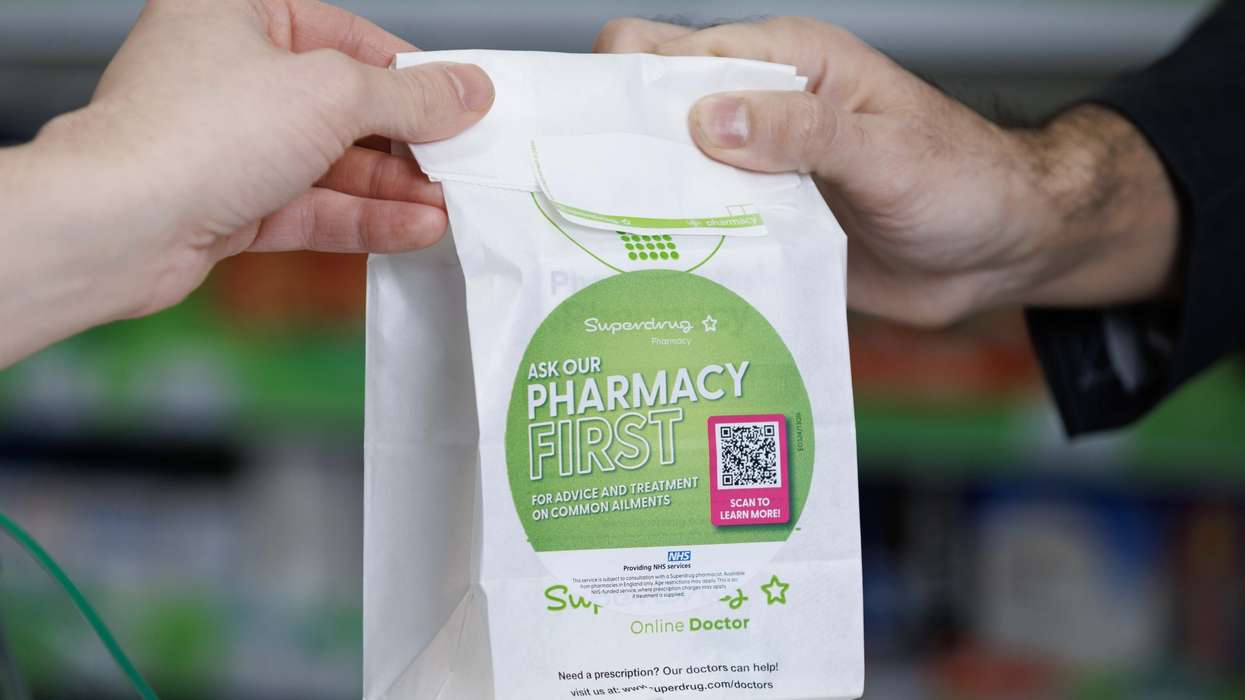Key Summary
- Neighbourhood Health Services aims to shift care out of hospitals and bring them to people's doorsteps
- The neighbourhood health centres will provide easier, more convenient access to a full range of healthcare services
- Neighbourhood teams will include doctors, nurses, social care workers, pharmacists, health visitors, palliative care staff, and paramedics
- They will also undertake door-to-door community outreach to detect early signs of illness and reduce pressure on GPs
Millions of patients will be treated closer to their homes at neighbourhood health centres, as part of the government's Neighbourhood Health Services scheme.
The government aims to improve access to the NHS by shifting care out of hospitals and into the community and free up overstrained hospitals.
These neighbourhood health centres will provide easier access to a full range of healthcare services right on people’s doorsteps, stopping them from having to go to hospitals.
Neighbourhood teams will include nurses, doctors, social care workers, pharmacists, health visitors, palliative care staff, and paramedics.
Community health workers and volunteers will play a pivotal role in these teams, and local areas will be encouraged to trial innovative schemes like door-to-door community outreach to detect early signs of illness and reduce pressure on GPs and accident and emergency (A&E) services.
Prime minister Keir Starmer said his government wants the NHS to break free from its inherited woes and move towards providing greater access for everyone.
He said the 10-year plan will bring care to people's doorsteps by ensuring access to GPs, nurses, and wider support all under one roof in their neighbourhood.
The government's plan will deliver three key shifts to get the NHS back on its feet: hospital to community, analogue to digital, and sickness to prevention.
Health secretary Wes Streeting said the Neighbourhood Health Service will end the status quo of ‘hospital by default’, bring down hospital waiting lists, and stop patients going from pillar to post to get treated.
The government also plans to move the NHS from analogue to the digital age to improve its efficiency, he added.
NHS chief executive Sir James Mackey welcomed the government's Neighbourhood Health Service plan and said it will also deliver on the government’s promise to tackle the current lottery of access to dentists.
"Dental care professionals will work as part of neighbourhood teams, where dental therapists could undertake check-ups, treatment, and referrals, while dental nurses could give education and advice to parents or work with schools and community groups. The work therapists cannot do would be safely directed to dentists," he said.
Sector reactions
National Pharmacy Association chief executive Henry Gregg, said, "Pharmacies want to be able to offer better, more joined-up care for their communities so they share the Government’s ambition to bring care closer to people.
“It's important that pharmacies, who already do this work day in day out, are placed at the heart of these plans. Investing in pharmacies can create a future where people can drop in for treatment, check-ups, medicine reviews, and advice."
Welcoming the plan, Elen Jones, Director of Pharmacy at RPS, said, “With the right investment and integration into neighbourhood health services under the plan, pharmacy teams can play a transformative role in improving population health and enabling better care across the NHS.”
CCA chief executive Malcolm Harrison said, “The network of 10,000 community pharmacies in England is already driving a ‘neighbourhood health’ agenda, delivering high-quality healthcare from within local communities. Pharmacies are therefore well-placed to take on a bigger role in the government’s plan for a ‘Neighbourhood Health Service’."
"Expanding Pharmacy First and incorporating independent prescribing into the service is a no-brainer. This will bring care closer to people’s homes, freeing up as many as 40 million GP appointments, and reducing unnecessary hospital visits,” he added.
NHS chief executive Matthew Taylor said the plan would help NHS improve its outcomes and alleviate pressure on hospitals.
"Delivering on this ambition will require sustained investment in digital and estates, support for the NHS’s workforce, and a commitment to decentralise national control by empowering local leaders to do what is best for their populations. On behalf of our members, we are eager to work with the government to help turn this bold vision into lasting change," he said.












